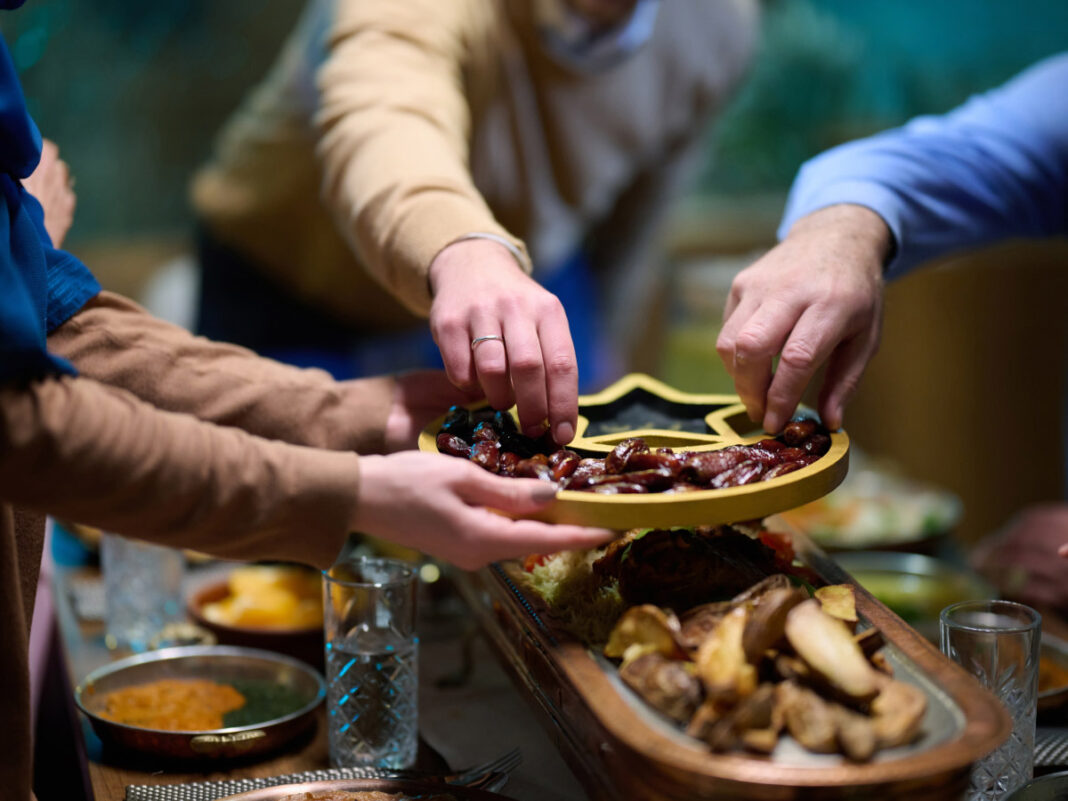In an era where the boundaries between nations are increasingly blurred, globalization has emerged as a powerful force shaping societies worldwide. Defined as the growing interconnectedness and interdependence of countries through advances in communication, transportation, and technology, globalization is influencing every aspect of our lives. One of the most profound effects is seen in the realm of culture, where globalization is fostering a fusion of traditions, reshaping local identities, and transforming the way we experience the world.
Globalization facilitates cultural exchange by promoting understanding and appreciation of diverse traditions. This exchange leads to cultural fusion, creating new and unique expressions in art, music, and cuisine. For instance, fusion restaurants offer dishes that blend flavors from different culinary traditions, giving rise to innovative gastronomic experiences. In music, artists collaborate across borders, blending genres to create new sounds that resonate with global audiences.
Technology plays a significant role in accelerating this cultural exchange. Digital platforms have made cultural cross-pollination more accessible, allowing people to adopt and adapt cultural elements from around the world. Social media platforms like YouTube, Facebook, and TikTok have facilitated global recognition of traditional cultural practices, fostering appreciation for diverse cultural heritages. A young person today might explore Japanese fashion, listen to K-pop, and follow U.S. politics—all in the same day.
However, globalization also raises concerns about cultural homogenization, where dominant global cultures, especially Western ones, overshadow local traditions. The spread of Western media, multinational corporations, and consumer goods influences behaviors, values, and lifestyles worldwide. For example, companies like McDonald’s and Starbucks introduce consumption patterns that disrupt traditional foods and social customs. Languages are pivotal to preserving cultural heritage and are at high risk due to globalization. English, as the dominant lingua franca, expands access to global opportunities but threatens linguistic diversity. UNESCO reports that over 40% of the world’s 7,000 languages are endangered, with linguistic loss undermining cultural identity.
Despite these challenges, many communities are actively investing in cultural preservation. Efforts like language revitalization programs, where the Māori language is being revitalized through educational programs and media initiatives, showcase initiatives to protect heritage. Cultural festivals, traditional arts, and the promotion of indigenous practices are ways societies strive to maintain their unique identities amidst global influences.
Globalization’s influence extends to economic dimensions, integrating local economies into global marketplaces. This creates opportunities for local artisans and cultural products to reach worldwide audiences, supporting communities and sustaining cultural heritage. For example, the Maasai community has marketed its beadwork and jewelry internationally, but commercialization can also undermine authenticity as mass-produced imitations flood the market.
The formation of hybrid identities is another outcome of cultural fusion. Younger generations engage with global influences while negotiating their heritage, leading to personalized identities that merge traditional and modern cultures.
Balancing global connectivity with cultural uniqueness is crucial to preserving the richness of global diversity. As the world evolves, embracing cultural fusion while honoring traditions can empower individuals to thrive in a connected, yet multifaceted, cultural landscape. By fostering mutual cultural appreciation and supporting efforts to retain language, traditional practices, and unique cultural traits, globalization can become a force for enrichment rather than erosion.


